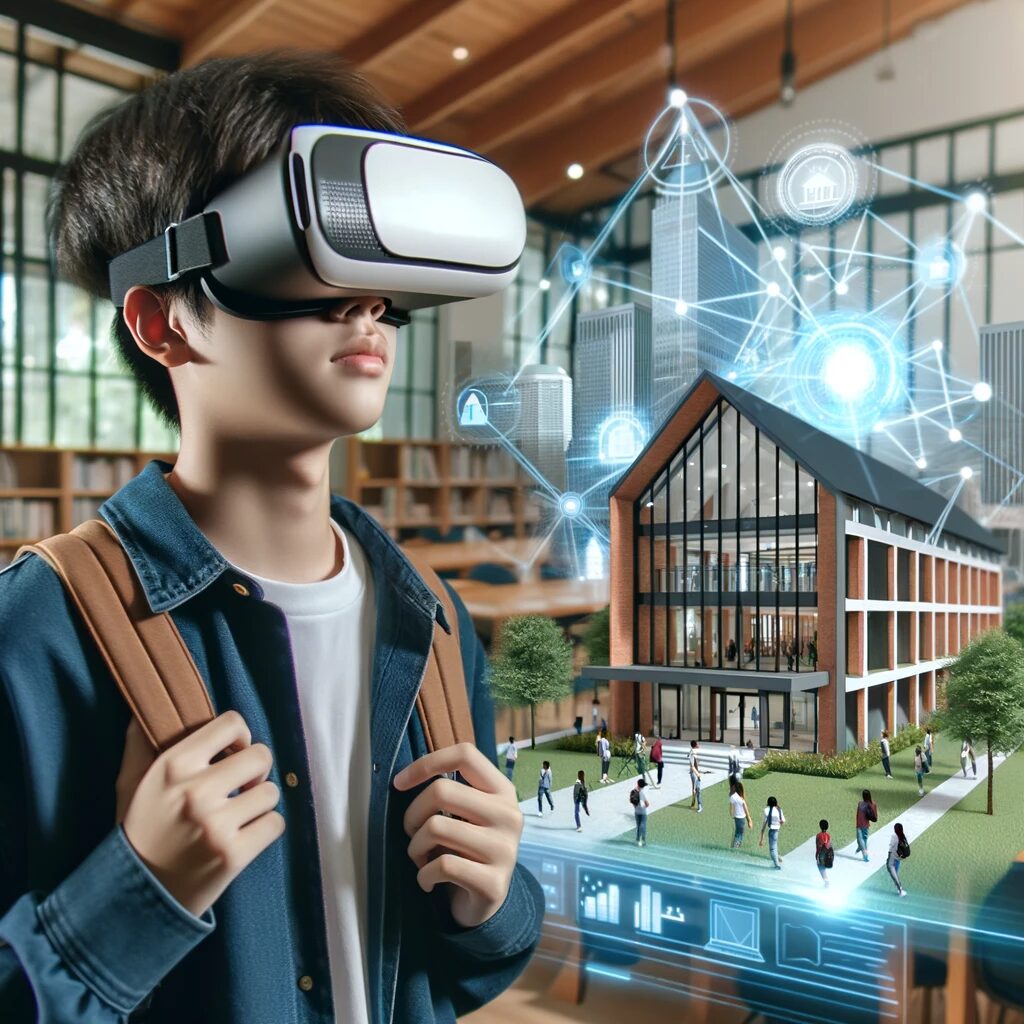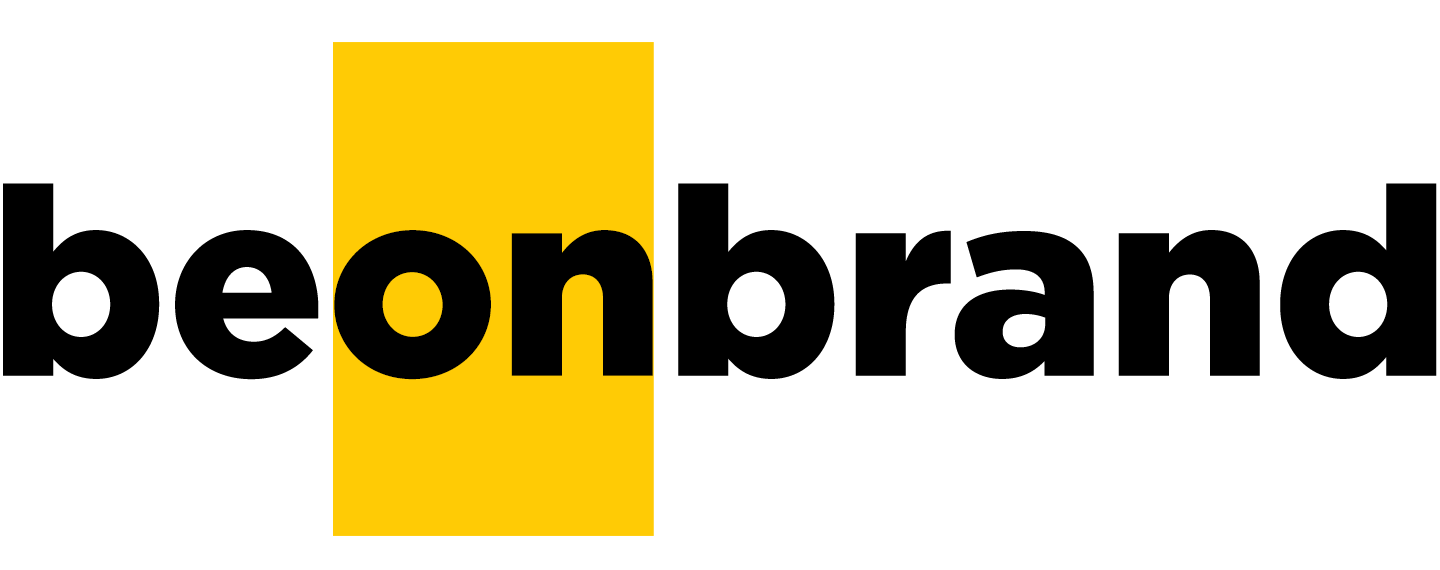
Experiential marketing, the art of creating memorable brand experiences, has emerged as a critical tool in the higher education sector. In a digital age where content is king, universities and colleges are leveraging experiential strategies to forge meaningful connections with students, alumni, and the community. This post delves into actionable examples demonstrating how experiential marketing can transform the educational landscape.

What is Experiential Marketing?
At its core, experiential marketing in higher education transcends traditional advertising. It's about creating immersive, interactive experiences that resonate with students on a personal level. This approach prioritizes engagement and emotional connection over direct product promotion, crafting memorable events and interactions that embody the institution's values and message.

Experiential Strategies in Action
Interactive Campus Events
Example: Organize live, themed events on campus, like a ‘Tech Innovation Fair,’ where students interact with the latest technology and share their ideas.
Virtual Reality Tours
Example: Implement VR campus tours, allowing prospective students to explore facilities and experience campus life digitally.

Student-Centric Campaigns
Example: Launch campaigns like ‘Student Voices,’ where students contribute ideas for campus improvements, fostering a sense of community and belonging.
Brand Ambassador Initiatives
Example: Develop a brand ambassador program where students represent and promote the university, creating authentic peer-to-peer marketing.

Data-Driven Interactive Exhibits
Example: Create interactive data visualization exhibits showcasing research achievements and student success stories.
Gamification of Learning:
Example: Introduce gamified learning experiences in courses, increasing student engagement and participation.
Collaborative Art Installations
Example: Facilitate large-scale, participatory art projects reflecting cultural diversity and inclusivity on campus.

Conclusion
Experiential marketing in higher education isn’t just a trend; it’s a transformative approach that aligns with the evolving expectations of the digital-native generation. By embracing these strategies, educational institutions can create impactful, engaging experiences that not only attract but also retain students, forging a lasting relationship with their community.

Share this article
Interested in learning more about AI ?


